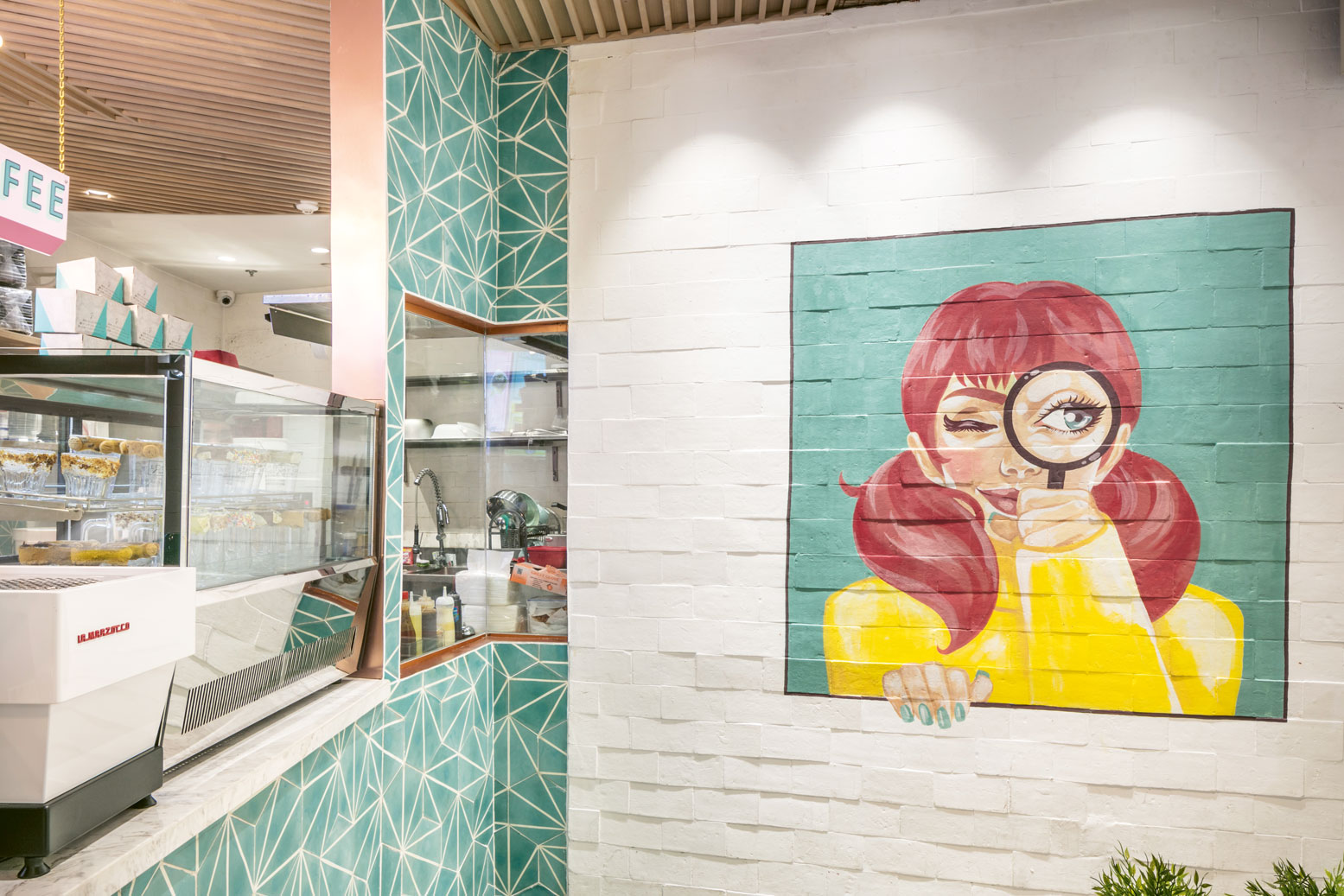It was 2015 when couple Emil Ongchuan and Patty Marabut decided to pool their resources and open a milkshake and French toast stand at the StrEAT food park in Quezon City. It was a small operation, with a counter that served Instagrammable milkshakes adorned with edible embellishments like cotton candy and lollipops. They named their stand The Lost Bread, an homage to the French origins of their signature product.
Two years later, after opening a stand-alone Quezon City branch, they opened a brick and mortar at the Mega Fashion Hall in SM Megamall. They are now cited as a success story, in which a small entrepreneurial endeavor incubated in a tiny space has grown to join the big leagues.
The young couple chalks it down to luck and a lot of hard work. “When we started, we just wanted to offer something that was not readily available in the market. We have always loved French toast, and there is only a handful of restaurants that serve them here. When they do, it is often just something on a menu that offers so many other breakfast things such as pancakes,” Ongchuan recalls.
Innovate, don’t deviate
These millennials say that social media played a big role for people to spread the word about them. Their photogenic products have customers whipping out their phones to post about their experiences at The Lost Bread.
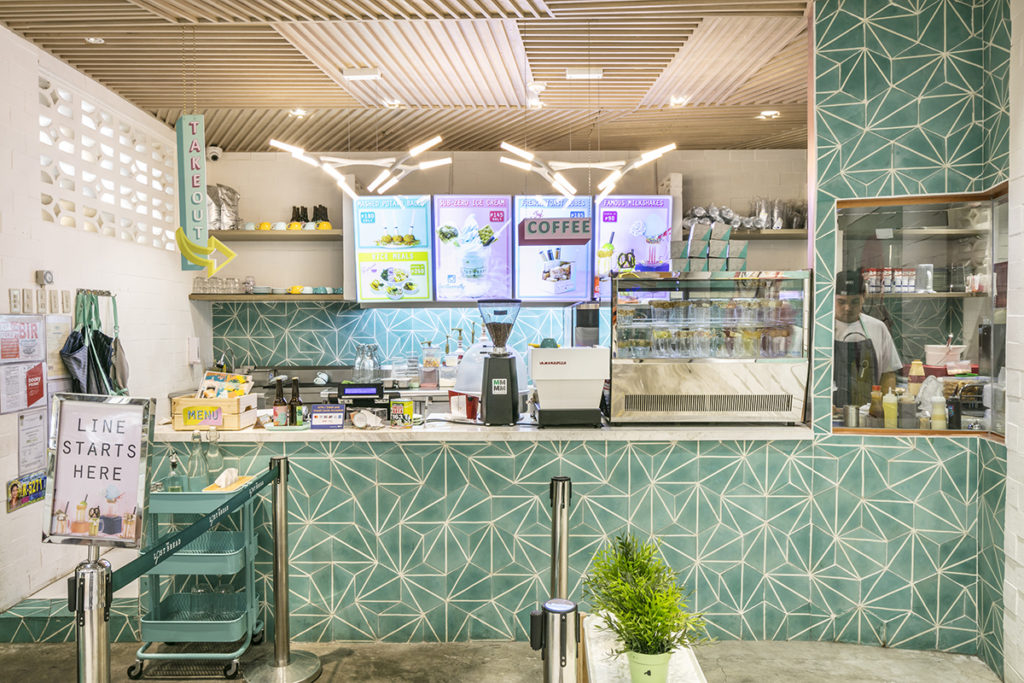
Ongchuan also realized that they unwittingly tapped the market everybody seems to follow. “We were so surprised to find people coming to us after parking their BMWs and other luxury cars somewhere down the street, then falling in line to buy from us and the other tenants and enjoy them in an unair-conditioned food park.”
Of course, the rest of the market segments followed suit. “That is how it usually happens. The A market discovers you and then other people would be curious about you and try you out.” It was this buzz that got them into the mall. SM management heard about the success of their small venture and invited them to submit a proposal.
Now, Marabut says, they are hitting the other market, especially since they have rolled out their baby milkshakes. “The A crowd has moved on, so we are attracting the B and C by having smaller versions of our shakes with the same toppings that cost less and are easier to finish. These are ‘fun-size’ and go from P90 up. It worked wonderfully for us because more people get to try our products.”
“We also changed our menu to look more attractive to mall-goers. In the beginning, we had a clipboard that listed our items, with no photos because we wanted the element of surprise when people received their orders and saw our presentation. We found that this does not work in a mall setting,” says Patty Marabut.
Since moving into a bigger space, they have made other innovations in their products and presentation. They have veered away from the hipster vibe that they began with to something that would attract a larger customer segment. “We also changed our menu to look more attractive to mall-goers. In the beginning, we had a clipboard that listed our items, with no photos because we wanted the element of surprise when people received their orders and saw our presentation. We found that this does not work in a mall setting.”
Instead, they installed a lighted menu sign and printed handheld menus with lots of colorful photos. “The ‘tita crowd’ appreciates that more,” Marabut smiles. “They want to know exactly what they are getting.” They have likewise set up an LED screen that streams images of their products outside the store to attract curious passersby.

Their food business is still a work in progress, they admit. “We are learning as we go,” Ongchuan says. “What we do is to learn from others as well. To push our coffee and French toast, for example, we decided to come up with a combo promo for the two. This is basically what the big fast food places are doing, and since it is working for them, we went the same route. They have big budgets for research and we don’t, and if they have something there, we might as well follow their lead.”
The couple has been receiving requests to open branches at other malls, but they want to take it slow for now. “We want to make sure that we are in a good space, and that we can afford it,” Marabut says.
Stick out
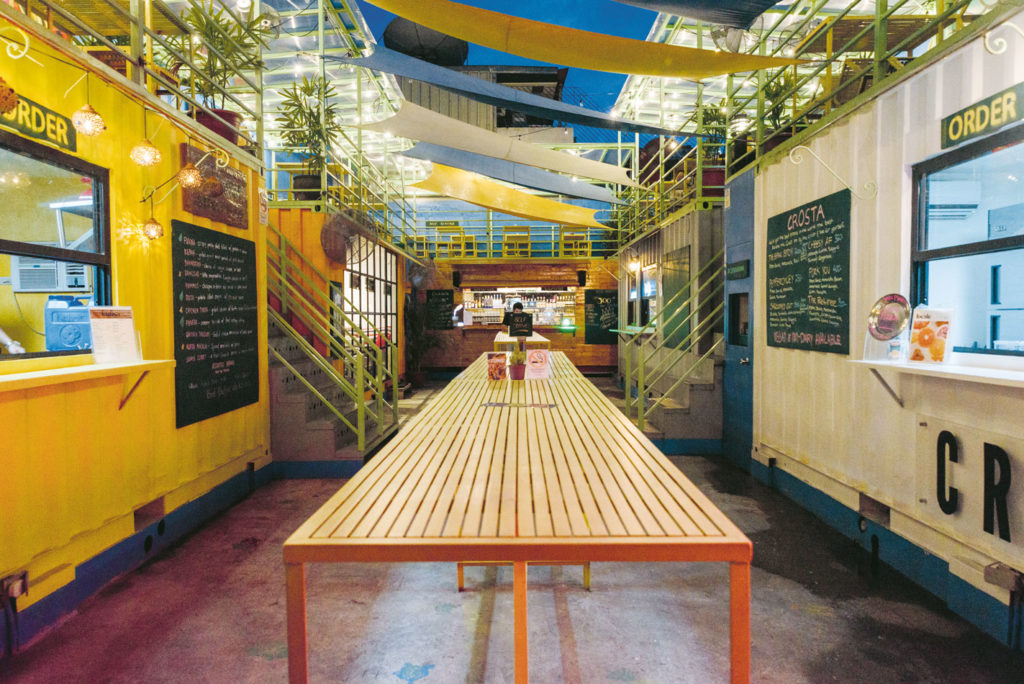
There are many food businesses—big and small—that have opened and then closed only after a short period. One tip that Ongchuan and Marabut can share is that the product you want to sell must stand out. This is exactly what Ingga Cabangon Chua and Tom Woudwyk are offering at Crosta Pizzeria in The Social at Ebro in Poblacion, Makati.
“We’ve only been open for four months and we have already been getting good reviews,” Chua says. They veer away from the traditional Neapolitan route and do bread-based pizza, which allows for a crust that tastes like sourdough. “We also don’t take ourselves seriously, with pizza names such as the Basic B*tch and Cheesy AF. I think this also appeals to the kind of crowd that goes to Poblacion.”
What they like about starting in a food park is that they get immediate feedback from customers. “It gives us room to fine tune and tweak the product before we come out with our own space later on and appeal to a wider demographic. We also did not have to invest so much to get started, unlike if we set up a restaurant right away. We are not locked in a long-term contract, unlike malls.”
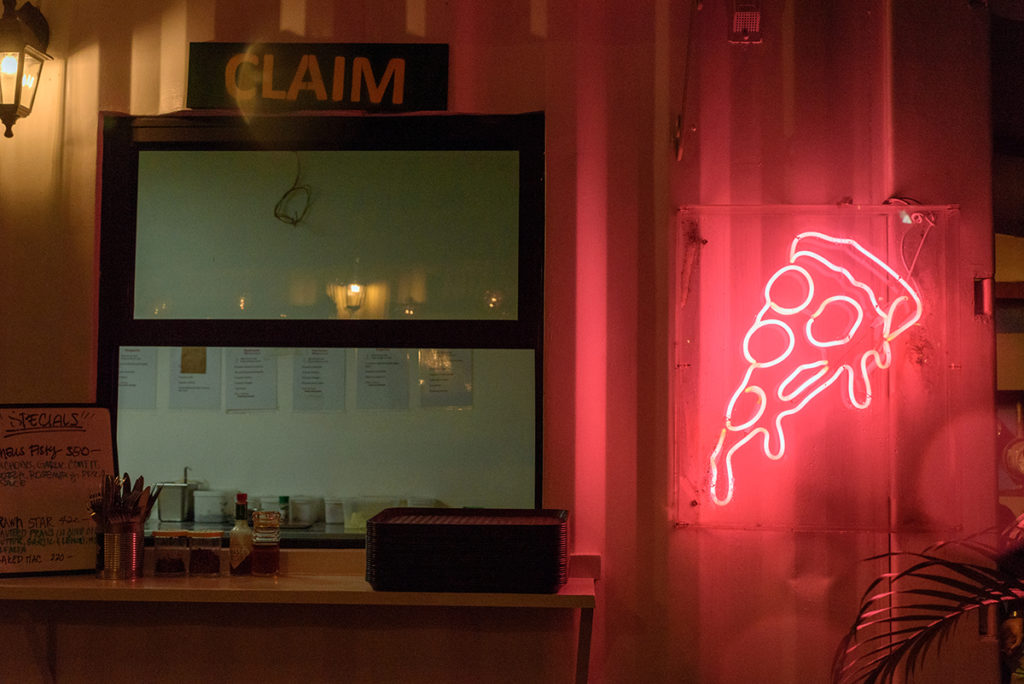
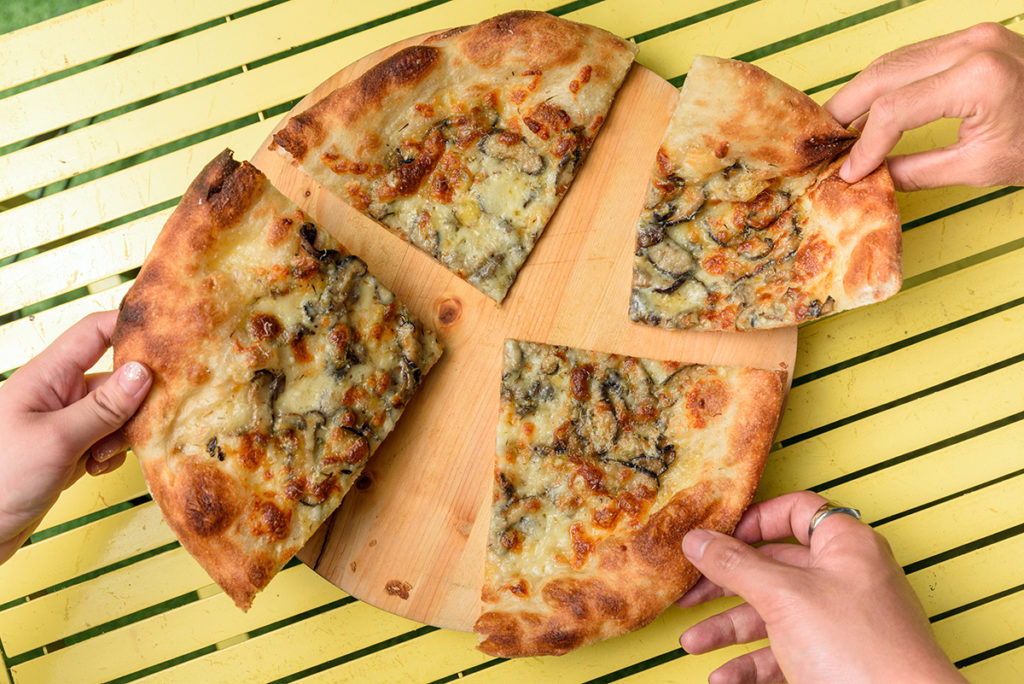
To those thinking about opening a business in a food park, Chua says that they should consider what they want to sell. “There are restrictions and limitations with regard to space. We are lucky that we have a bigger space here at The Social, but in most cases, all you would have room for is a deep fryer and a stove.” The community is another angle to look into, as in their case in Poblacion, where the market consists of expats from nearby hotels as well as Makati’s yuppies.
Space saver
The Social on Ebro is owned and operated by Mike Kerveillant, a Frenchman who grew up in Cebu. “I had this empty lot that for a long time has been getting me inquiries from people who want to rent out a little space to put up a small restaurant. Since I was not really into the food business, I couldn’t go into opening a big restaurant myself, so my solution was to put up a food park inspired by the ones that I have seen on my travels abroad.”
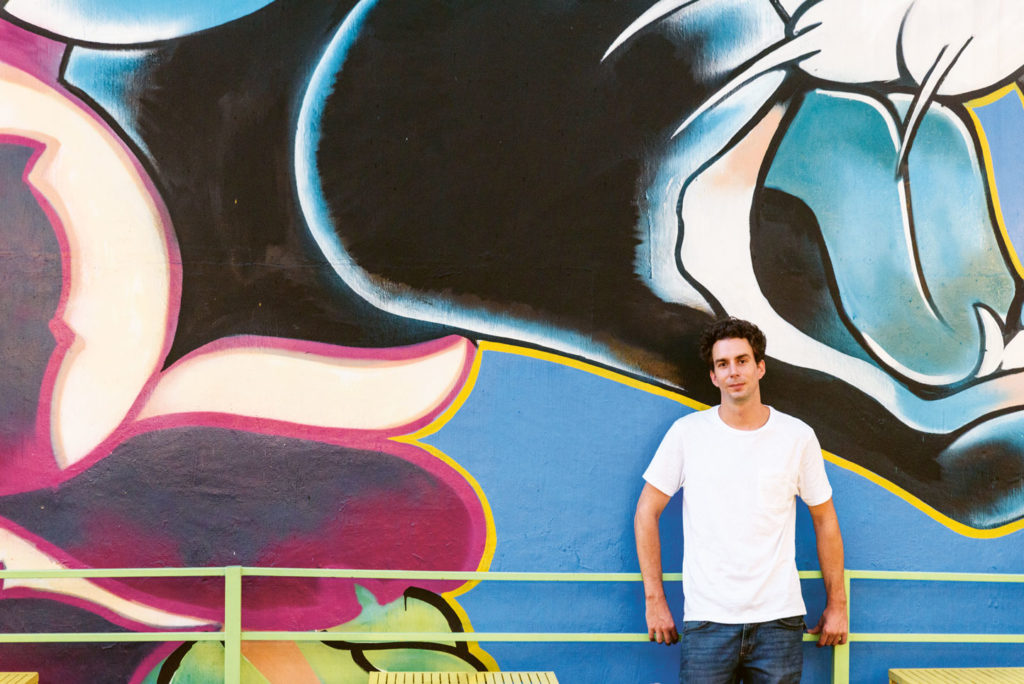
He liked the idea of having different concepts so people could choose what they like. Thus, he drew up the plans for The Social on Ebro, using container vans because he liked their urban feel. What the food park holds now is a bar, Crosta, and an Indian food stall by Kashmir. He also included a space for a pop-up store, something small businesses lack.
There are 140 seats with standing space for about 80. “This gives the businesses enough space to sell their products to become profitable,” he explains. He takes care of the cleanup, too. All the tenants have to do is cook good food, he smiles.
“Quality is what makes people come back. There are a lot of food parks and in these places you can have 10 people selling great food as compared to the other 10. The customers may try your food, but if it is not good, they will not come back to you.”
Originally published in F&B Report Vol. 14 No. 6





